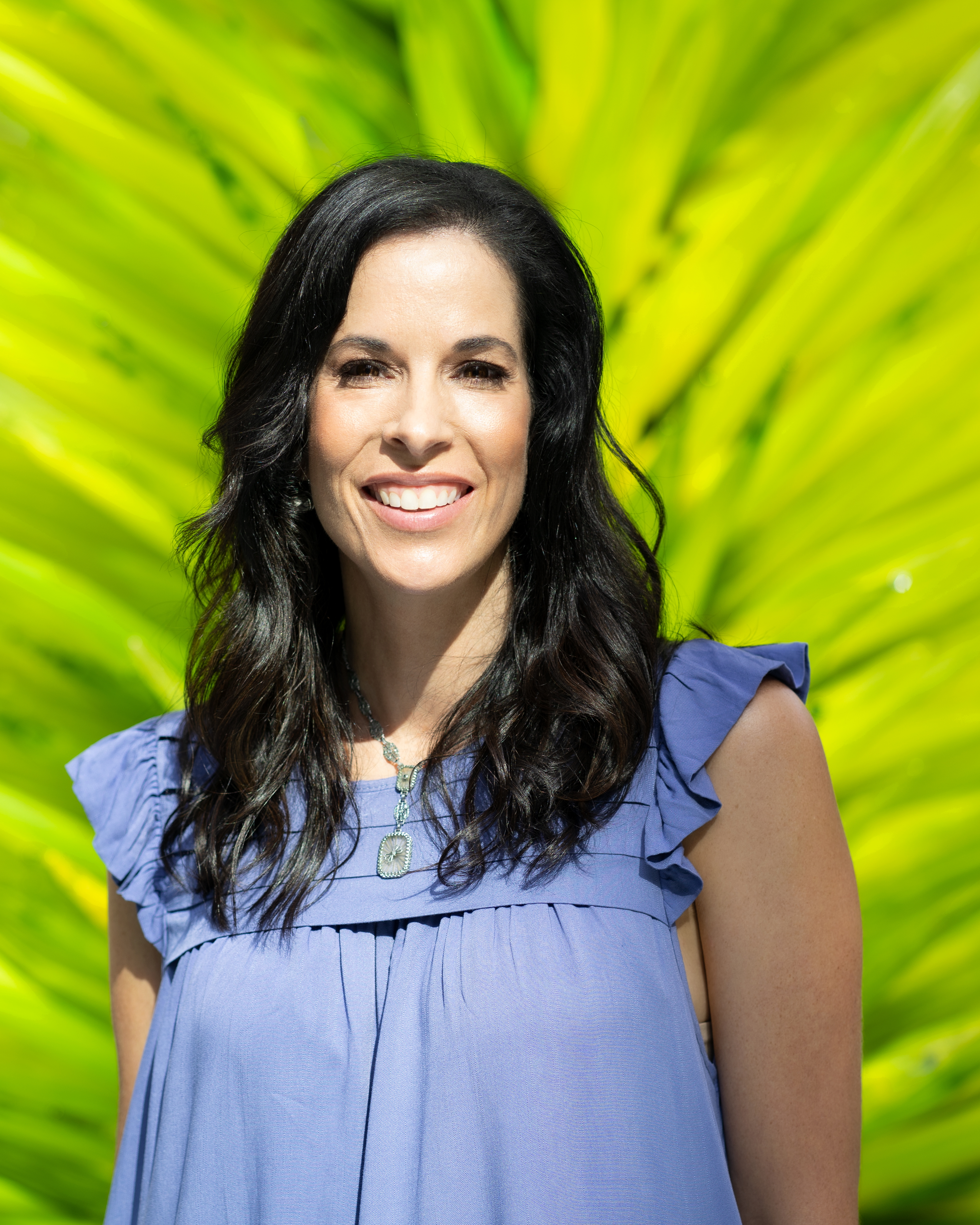You can do anything. Work harder. Get going. Give it your VERY.BEST.
This seems innocent enough at a time where it’s popular to call the upcoming generation “lazy.” But not for those whose version of ONE.HUNDRED.PERCENT might be dangerous.
For the anxious overachiever, the PUSH.PUSH.PUSH. bait can spell disaster.
The anxious overachiever:
- Holds themselves to over-the-top standards and then stews in self-criticism when they are not met with immediacy and precision.
- Perseverates over mistakes. Engages in toxic self-analysis and criticism.
- Has contingent self-esteem: relies on outside validation, accomplishments and accolades to fuel self-worth.
- Struggles to take mental breaks. Experiences a perpetual sense of urgency to climb, climb, climb without stopping for air.
- Is rarely, if ever, satisfied with performance. Minimizes progress, and neglects to celebrate and savor the fruits of their labor.
- Is consumed with the constant, nagging, persistent concern over what’s to be conquered next.
My therapist friends and I are officially worried about the surge of anxious overachievers we are seeing at every turn.
So are my colleagues at the university where I teach, and all the parents, grandparents, and teachers I talk with about the escalating expectations and mental health crisis at hand.
They’re worried about their kids, and themselves. The ideals of success strutting across our feeds are getting to us. They ask me “how can we strive for rigor and excellence without burning out?” At what point is it just TOO.MUCH?
Kids have to do everything early and fast. Read three grade levels higher before you lose your first tooth. Pick your top-tier college before your feet can even touch the floor from your chair. Keep an eye on your GPA. Ace that SAT. Start your own non-profit. Play six sports and four instruments. Be well-rounded. Take as many AP classes as you can cram in. This is our new normal. The modern bar hangs high.
All so they can get into the right school to get the right job and find the right partner. DO.IT.ALL so you can HAVE.IT.ALL. But what if THAT.MUCH. becomes TOO.MUCH? What if the metrics of success are harmful? What about the ones that take it on so literally and with so much force, they burn out? What about the exorbitant rise in anxiety disorders, addiction, self-harmbehaviors, suicide and stress-related illness? Are we comfortable with all the carnage when we push too hard?
On top of it, they have become the cultural punching bag for being too coddled, and lacking coping skills all while running on no sleep, jumping through endless hoops, maintaining their social media identities while being flooded with information they’re not emotionally ready to process. Then we criticize them for being special snowflakes.
We adults are locked into this anxious trajectory, too. We know the feeling. We’re grinding and burning in our own ways. Parents, teachers and leaders are expected to be in twelve places all at once, grasping to hold on by the skin of our teeth to an unsustainable and inhumane template for living.
For the anxious overachiever, reverse advice about HAVING.ALL.DOING.ALL. is necessary: You don’t have to do EVERYTHING. Work LESS. STOP moving. Give it HALF your best. Take care of yourself. Your mental health is most important. Change your ONE.HUNDRED.PERCENT. to something more sane and manageable. PLEAAASE.
Maybe we all need an introduction to the healthy achiever, one who:
- Sets a pace that is sustainable over the long haul.
- Identifies priorities and core values that drive effort, versus having to do everything “perfect” all the time.
- Confidently embraces strengths and vulnerabilities.
- Takes a lifespan approach to learning rather than nagging sense of urgency to arrive expediently to an epic pinnacle.
- Sees life and learning as non-linear; embraces mistakes as lessons and uses as catalyst for growth.
- Openly discusses insecurities and seeks help when it’s needed.
- Sets reasonable goals and adjusts when things don’t go as planned; demonstrates agility and resilience in the throes of change and disruption.
- Engages in self-compassion and self-care practices. Avoids mental self-sabotage, constant comparison and hyper-competitiveness.
- Recognizes worth is built on their ability to contribute positively, not perfectly.
- Believes growth and development can serve a greater good.
- Has moved from me to we: focuses on accomplishing for the sake of collective contribution, not just individual advancement
The opportunities of today are something to behold. Still, opportunity inevitably creates complexity. We want to encourage excellence, to seize what’s at hand. But it can be challenging to find the sweet spot of healthy achievement. The last thing we want is to compromise mental health in our pursuits. The promise of “success” won’t be worth it when we are too sick or anxious to actually enjoy it.
Whether for yourself, those you love, lead or have influence with, see if you can find momentum towards engaging in behaviors that help you move from anxious overachievement to a healthier, more humane and resilient way of being.
*As with any blog, this is not a substitute for medical advice or a comprehensive analysis of the dynamic interplay of sociocultural factors and human behavior. It is a synthesis of my clinical, research and teaching work, role as a parent, and lived experience with perfectionism and attempt to move from anxious overachievement to healthy achievement. My hope is to spur on dialogue, rethinking of how we are defining and selling “success”, and movement towards behaviors that cultivate resilience and human flourishing.
For live videos and daily tips on overcoming this, please connect with me via @TheRealDrKris on Instagram, Twitter or Facebook.



